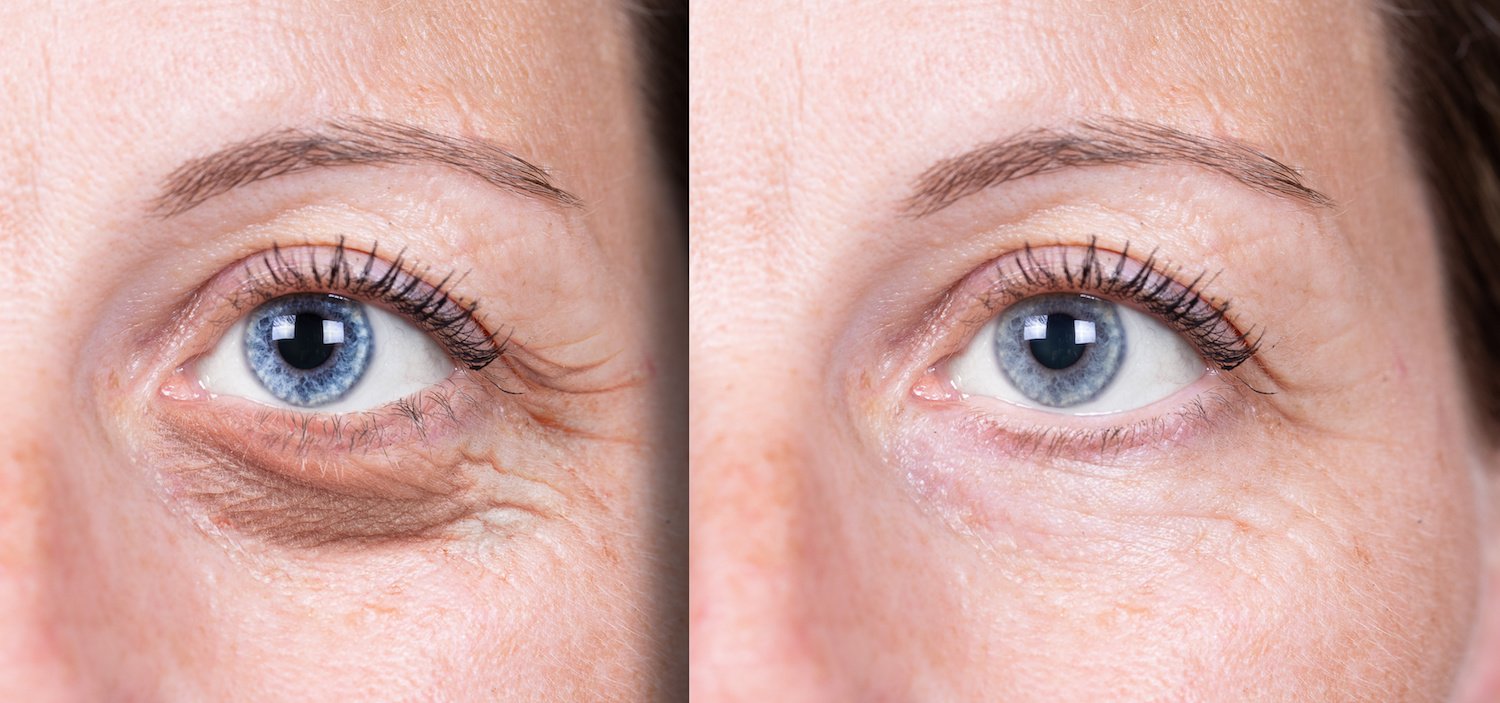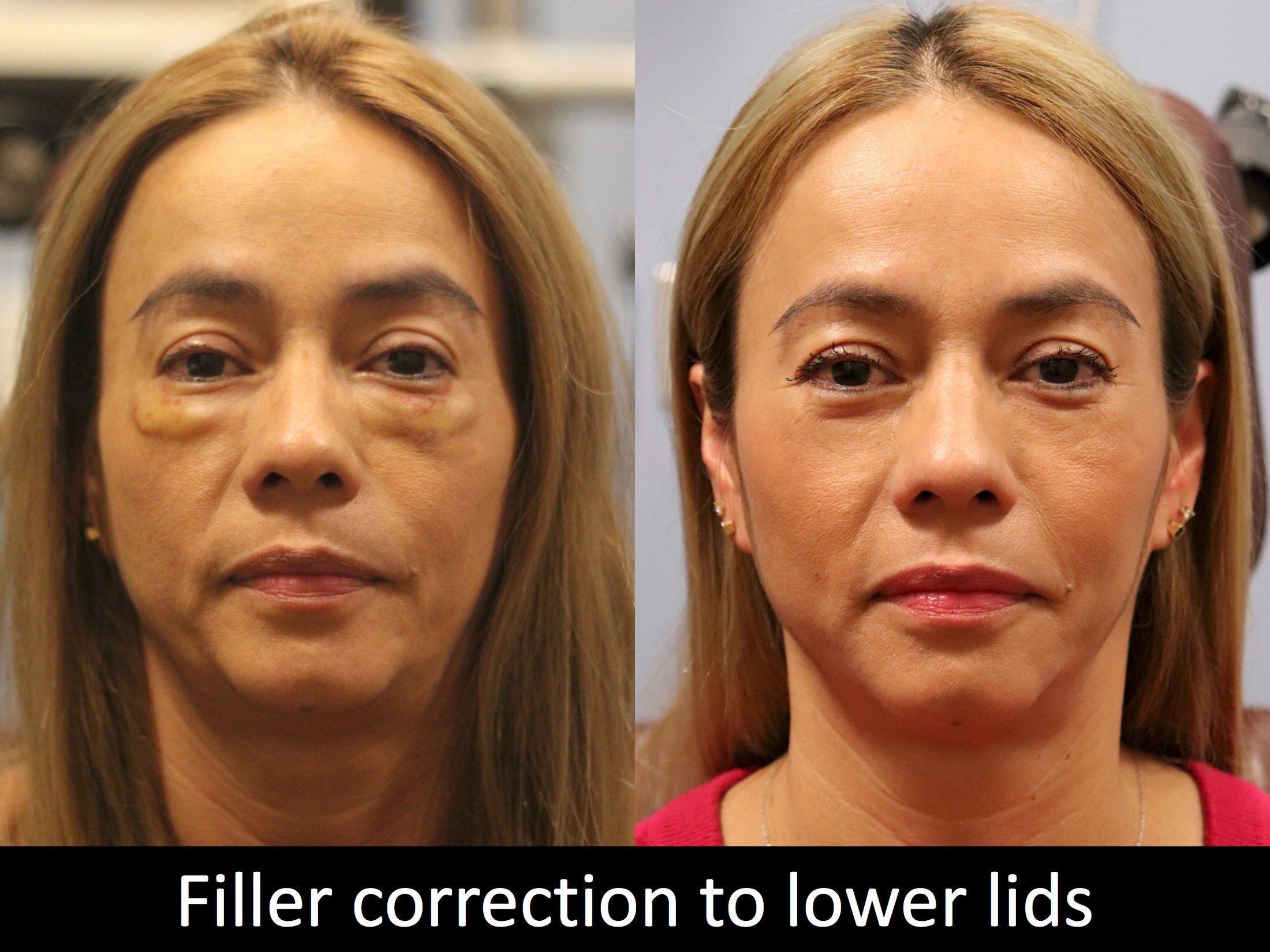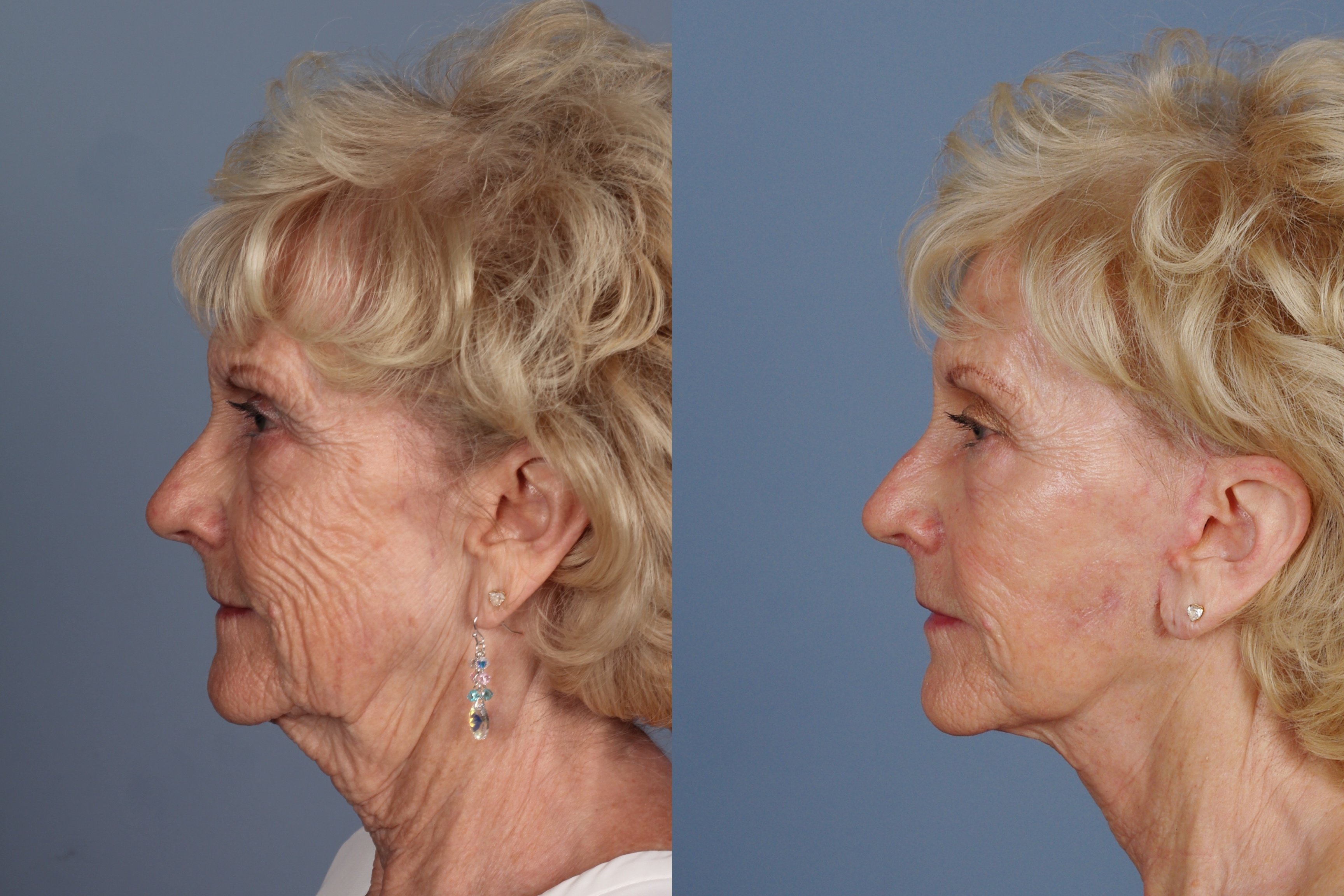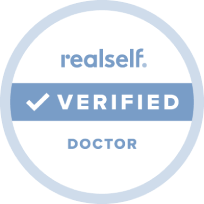There are several major considerations to make when deciding whether you will have cosmetic surgery or even a less invasive enhancement procedure. Cost is a big one and it can be difficult to navigate health insurance policies to find out what is and is not covered. Different insurance companies have different guidelines and individual plans also vary widely. If you have a flexible spending account (FSA) or a health savings account (HSA), your options will vary as well. Here we will explain the differences in procedures and provide some information that will help you wade through the health insurance wave pool.
Plastic Surgery and Cosmetic Surgery are Different
Cosmetic surgeons perform only procedures that involve soft tissues and aim to change the visual appearance of some part of the body. Think breast augmentation, tummy tuck, liposuction, and facelifts. Because these areas of the body work as they should and altering them is not necessary for functionality, these procedures are considered elective.
Plastic surgeons are skilled at these types of procedures as well, but they also perform reconstructive surgical procedures that aim to correct defects. They most often involve structural components such as cartilage and bone. Some examples of these surgeries include burn repair, cleft palate repair, scar revision, or trauma surgery. These surgeries are considered medically necessary and are done to restore some kind of function.
Will My Surgery be Covered?
Medical insurance is just that – medical. Although you may desire a change in your appearance that would benefit your well being in many ways, that is an elective decision. It’s about your self-image, not your basic health and welfare, so coverage rarely extends to procedures the insurance carrier considers cosmetic. That includes treatments to reduce signs of aging and resurface the skin. For example, your insurance may cover the cost of treating acne while it is active, but not the cost of reducing the appearance of acne scarring later on. If your surgery will be addressing something that is considered medically necessary, like breast reduction to alleviate chronic back pain or nasal valve repair, it is likely to be covered at least partially. During your consultation, our staff will provide thorough information on insurance coverage and billing.
Rhinoplasty and Health Insurance Coverage
Nose surgery can address two very different issues – changing the visual appearance of your nose or changing the physical functionality of your nose. Altering the size or shape of your nose to give it a new look is a purely cosmetic decision, one that is not covered by medical insurance.
However, difficulty breathing is a medical problem, one that can disrupt your sleep and your ability to function well during the day. Insurance companies recognize that, and usually cover the cost of nasal valve surgery to correct problems caused by genetic defects, illness, accidents or other injuries. Often, structural issues that cause breathing problems also cause your nose to look crooked or otherwise misshapen. Therefore, many men and women choose a dual rhinoplasty – surgery that corrects the internal structure of the nose to restore breathing and also modifies external appearance. In these cases, health insurance typically will cover the portion of expenses associated with nasal valve repair.
It can be a little tricky in some situations. For instance, if your face is damaged in an auto accident, you could very well need both aesthetic and structural repairs. Your insurance company may determine that the entire procedure is covered, even though portions would be otherwise considered elective, because they are necessary to resume your previous quality of life. The best way to find out about these complexities will be to communicate openly and often with your insurance carrier.
Get to Know All the Players
Health insurance is not the only aspect of your expenses. Don’t be afraid to ask us at Raval Facial Aesthetics for all the information you need. We can provide you with information on the surgical center as well - you can contact them about anesthesiologist and facility costs. You may be surprised, but it’s best to be surprised before your surgery and not after the fact! Read the coverage documents that explain the details of your personal healthcare coverage, but also call your insurance carrier and ask specifically about the surgical or other procedure(s) you are considering. Remember to inquire if the plan considers the doctor as in-network or out of-network which could affect your out of pocket costs. Once you know your deductible and co-insurance benefits, we can provide a rough estimate of the fees for Dr. Raval.
Remember you will still have to meet your deductible and any co-insurance, even if the insurer does cover some of the cost. Whatever they say, be sure to get it in writing.
To learn more about a Rhinoplasty procedure and the costs, download our Rhinoplasty Q&A eBook.
- Acne
- Botox/Dermal Fillers
- Browlift
- Chemical Peels
- Chin Augmentation
- Consultation
- Denver Facial Plastic Surgeon
- Deviated Septum
- Eyelid Procedures
- Facelifts/Necklifts
- Headaches/Excessive Sweating
- Healthy Living
- Laser Hair Removal
- Laser Treatments
- Latisse
- MedSpa
- Memberships
- Microdermabrasion
- Nasal Valve Collapse
- Non-Surgical Procedures
- Rhinoplasty
- Skin Care
- Thread Lifts
- Wrinkle Treatments






.jpeg)






